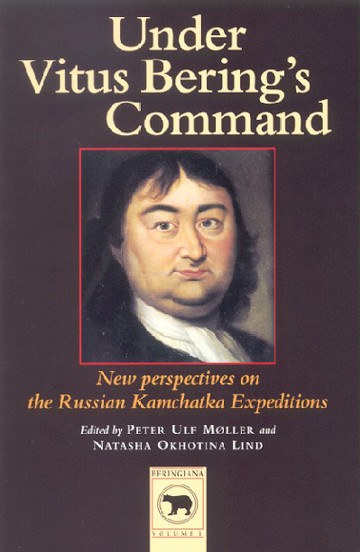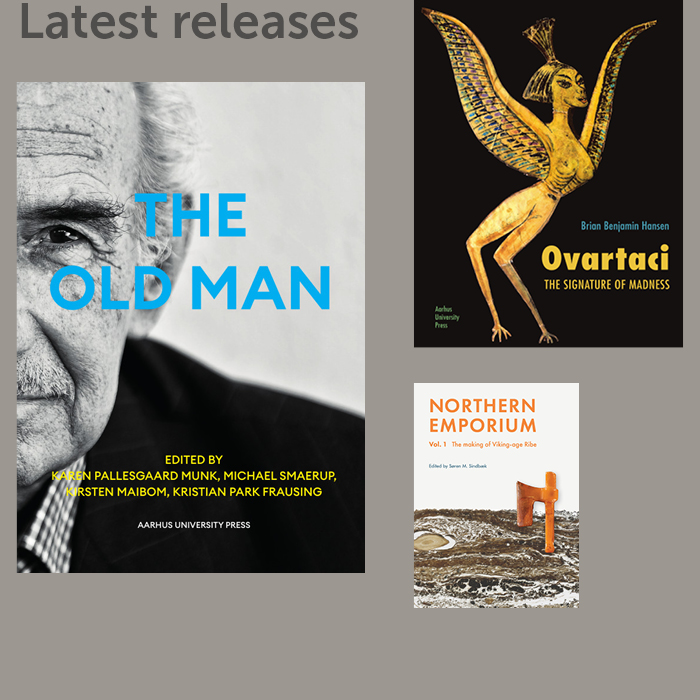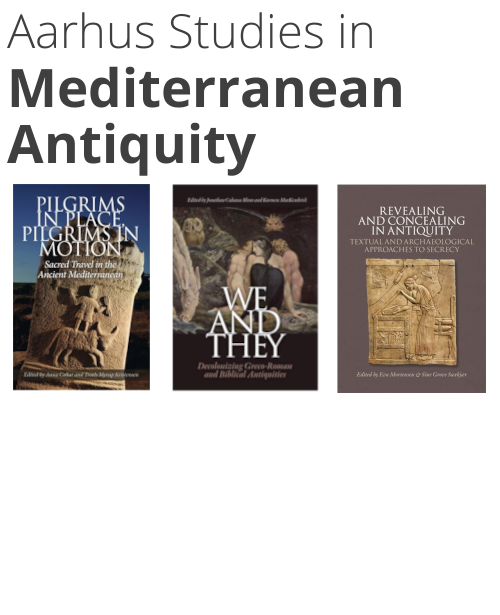
Under Vitus Bering's Command
New Perspectives on the Russian Kamchatka Expeditions
A part of the subject area History
Edited by
Natasha Okhotina Lind and
Peter Ulf Møller
With contributions by
Gudrun Bucher,
Dittmar Dahlmann,
Aleksandr Elert,
Tatjana Fjodorova,
Anna Halager,
Wieland Hintzsche,
Natasha Okhotina Lind,
Peter Ulf Møller,
Jevgenij Rytjalovskij,
Vladimir Sobolev and
Carol Urness
More about the book
About the book
From 1725 until his death in 1741, Vitus Bering commanded two of the most ambitious journeys of exploration in the 18th century. Each required years of overland travel across Asia to reach desolate Kamchatka and the Pacific coast of Siberia, where the crews had to build their own ships. Only then could the search for the mythical Northeast Passage and the northwestern coastline of America begin.
During the last decade, the discovery of forgotten documents in Russian archives has revitalised the study of these classic expeditions, and the contributors to this volume are all part of the new scholarship. Here they examine such topics as expedition historiography, the participants' daily life, the beginnings of scientific ethnography and the connection between the expeditions' scientific objectives and their political ends. These political goals included the colonisation of northern Pacific islands and the North American coast, and manifested themselves in two sets of instructions - one genuine, one false.
Table of contents
Excerpt
Press reviews
Evgenia Anichenko Sea History
"For initiated readers and scholars of the topic, the anthology’s comprehensive bibliography and ample references to archival sources will surely prove an invaluable research tool."




